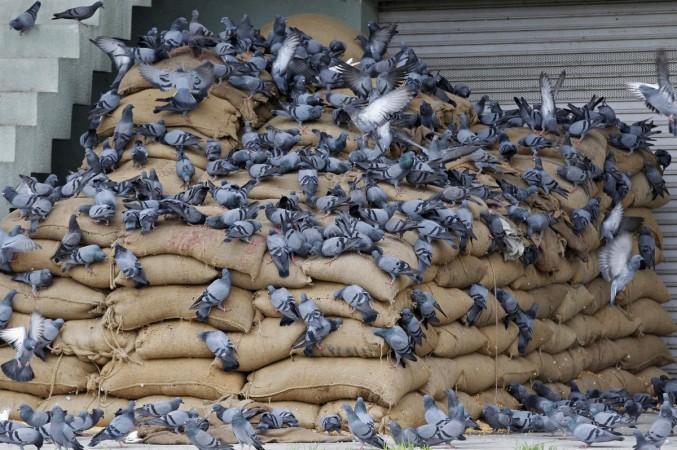
NITI Aayog has reportedly proposed to remove agricultural commodities from Essential Commodities Act. According to Economic Times, the move is aimed to organise trading and is likely to reduce handling costs, reduce prices and increase returns for farmers.
A senior government official told ET that this proposal has already been discussed with the central government and it is likely for the union to reach out to the states for enabling this provision.
"The Aayog is of the view that removing stock restrictions from agriculture commodities will lead to organised trading, improve scale and logistics benefit and bring about more capital into trade with a handful of big traders competing with each other," on condition of anonymity the official told ET.
The think tank argued that with rules and stock limits frequently changing, traders have no reason to invest in a better storage infrastructure. The functioning of food processing industries is hindered with the stock limit cut. To continue the operations efficiently, industries need to maintain large stocks. In such a scenario, it is unlikely for private entities to invest in these units, said the official.
"Large scale private investments are unlikely to flow into food processing and cold storage facilities which are essential for ensuring farmers get better remuneration for their crops," the official explained ET.
The report quoted DK Pant of India Ratings as saying that two policies, the existing one minimum support price (MSP) for agricultural products can't co-exist. "There cannot be simultaneous MSP for agricultural products if we want to remove them from the Essential Commodities Act," he added.

















